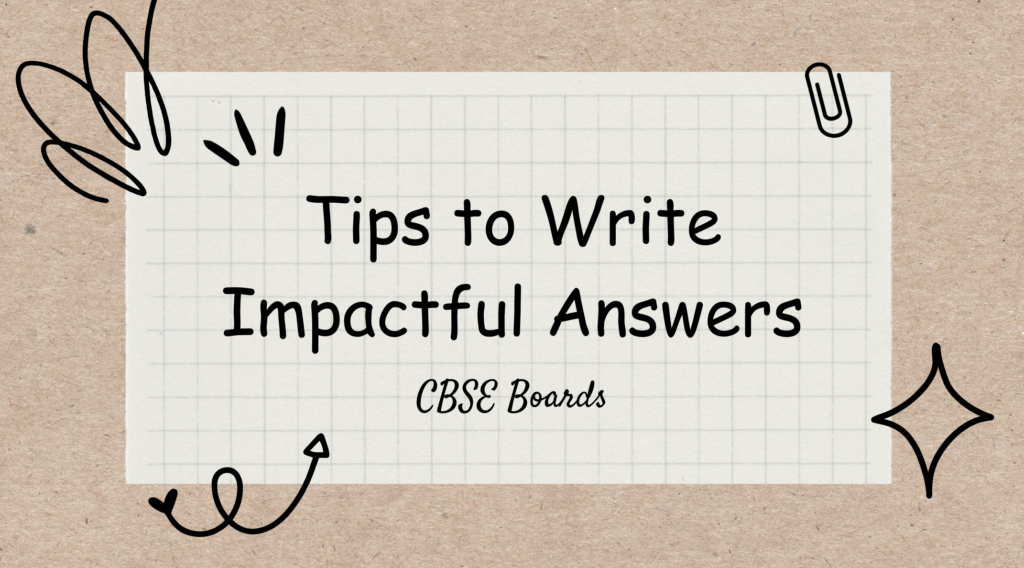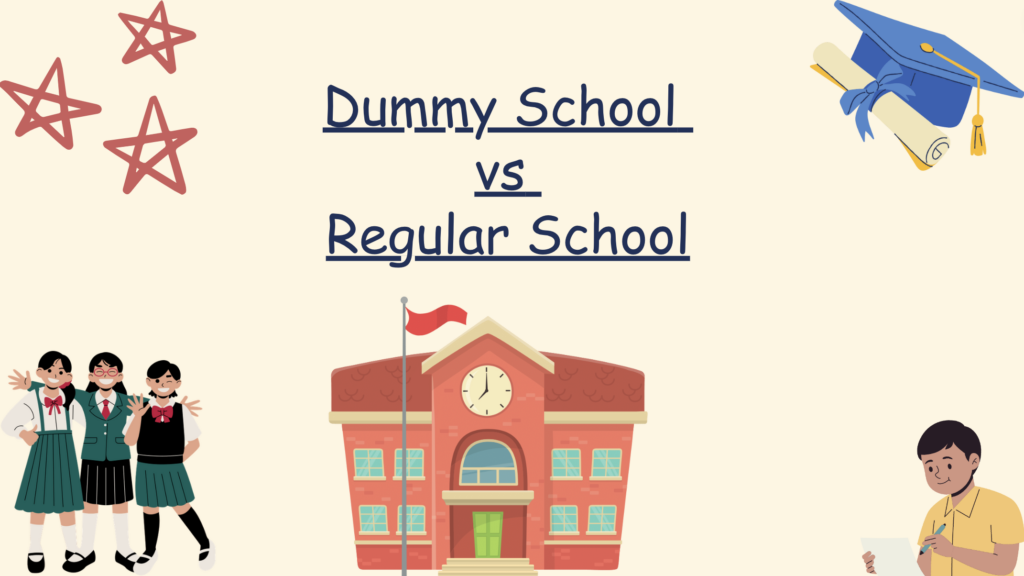CBSE Announces Key Changes in Paper Pattern for Class 10 and 12 Board Exams
The Central Board of Secondary Education (CBSE) seems to be on the transformation mode. As per the latest announcement, the board is planning to implement some major changes in the question paper pattern of Class 10 and Class 12 board classes by session 2023.
The CBSE Secretary Anurag Tripathi, at the school education summit organized by the Associated Chambers of Commerce and Industry of India (ASSOCHAM), said that changes in the curriculum and question paper pattern are the need of the hour keeping in mind the country’s future. The intended changes have been proposed to boost creative, critical and analytical thinking among secondary and senior secondary students.
He said, “While this year students of Class X will get 20% objective questions and 10% questions would be based on creative thinking, by 2023 question papers for classes X and XII will be based on creative, innovative and critical thinking.”
CBSE Vocational Subject
Speaking about the vocational subject Mr. Tripathi added, there are not many takers of vocational subjects in our country and lack of employability, poor value, and absence of stability in the market.
Therefore, it is important to promote proper correlation among key stakeholders in the schooling system which comprise of teachers, parents, students, and school infrastructure” he added.
Mr. Anurag Tripathi also suggested to all CBSE schools to train teachers. Schools must devote more time to train teachers who need to be trained rigorously. Teachers who require grooming should at least spend three to six months to become mentors and gain expressive skills and must have critical thinking and emotional balance.
CBSE List of Vocational Courses
The vocational subjects are intended to train students towards a specific profession, vocation or trade. The CBSE offers tailor-made vocational courses that quite direct in their purpose to give students hands-on training and make them job-ready after the course completion.
The vocational subjects are offered as a sixth optional or additional subject. The CBSE is offering 15 vocational subjects for classes 9 and 10 while there are over 40 subjects for classes 11 and 12. In case any student fails in any one of the elective subjects such as Maths, Science or Social Science then it is replaced by vocational subject and CBSE board compute the result accordingly.
Vocational Subjects in CBSE Secondary Level (Class 9 and 10): Retail, Information Technology, Security, Automotive, Introduction To Financial Markets, Introduction To Tourism, Beauty & Wellness, Agriculture, Food Production, Front Office Operations, Banking & Insurance, Marketing & Sales, Health Care, Apparel, Media
Vocational Subjects in CBSE Senior Secondary Level (Class 11 and 12): Retail, Information Technology, Web Application, Automotive, Financial Markets Management, Tourism, Beauty & Wellness, Agriculture, Food Production, Front Office Operations, Banking, Marketing, Health Care, Insurance, X-Ray Technician, Horticulture, Media, Geospatial Technology, Electrical Technology, Electronics Technology, Construction, Taxation, Cost Accounting, Office Procedures & Practices, Shorthand (English), Shorthand (Hindi), Air-conditioning & Refrigeration, Medical Diagnostics, Textile Design, Design, Logistics and Supply Chain Management, Music Production, Business Administration, Food Nutrition & Dietetics, Mass Media Studies, Library & Information Science, Fashion Studies, Applied Physics, Applied Chemistry, Applied Mathematics
CBSE class X and XII students aspiring to pursue vocational subjects under the National Skills Qualifications Framework (NSQF) can check out courses at cbse[dot]nic[dot]in.
CBSE Board to Implement New Education Policy
Mr. Anurag Tripathi also shared CBSE board’s New Education Policy (NEP). He said the new education policy aims at bridging the gap between vocational subjects and main course subjects.
In the NEP, the vocational subjects have been given priority and are recommended to be a part of the five main subjects. The new education policy also focuses on different peripherals of the education system such as early childhood care, proper training of teachers, encouraging vocational education and accordingly, it would be quite challenging task for board to implement all these things together, he said.
Mr. Biswajit Saha, CBSE Director (Training and Skill Education) also echoed the similar views that the Indian schools need to focus on students’ aptitude and not employability. Schools must implement adaptive and project-based learning. Education in schools should follow the children-centric methodology in the classroom.
Mr. Saha said the flexibility in the schooling system should be adapted in the curriculum transaction process. He suggested on introducing activity-based curriculum keeping in mind student’s mindset and what they need. Along with the common curriculum, there is always room to introduce an activity-based curriculum.
He said, “If we want to really upgrade the system, then competency-based education needs to be implemented in the school systems which requires strong connect with the child”.
Mr. Saha further added that, the young students have the potential to shape up their career only when they are not over-loaded with content-based curriculum. There is need of flexibility in the education system, and curriculum should focus on the activity based skill formation of students.
The Draft for New Education Policy 2019
The National Policy on Education (NEP) was framed in the year 1986 and modified in 1992. Ever since its introduction several amendments has been introduced in the NEP time to time for the revision of the Policy.
Considering the changing dynamics of the people’s requirement with respect to education, the Government of India continuously keeps on enhancing the National Education Policy in order to equip students with the necessary skills and knowledge.
The draft for NEP is already out in the public domain. The NEP drafting committee, chaired by Dr. K. Kasturirangan has submitted its report on May 31, 2019. The NEP aims to reform education system at all levels and the report proposes to address the underlined challenges:
- Access
- Equity
- Quality
- Affordability
- Accountability faced by the current education system.
The NEP draft endeavors to universalize the pre-primary education by 2025 and offer foundational literacy / numeracy for all by 2025. It will play a critical role in the renovation of the Indian education system. It is expected to help our country in fulfilling its demographic dividend.



